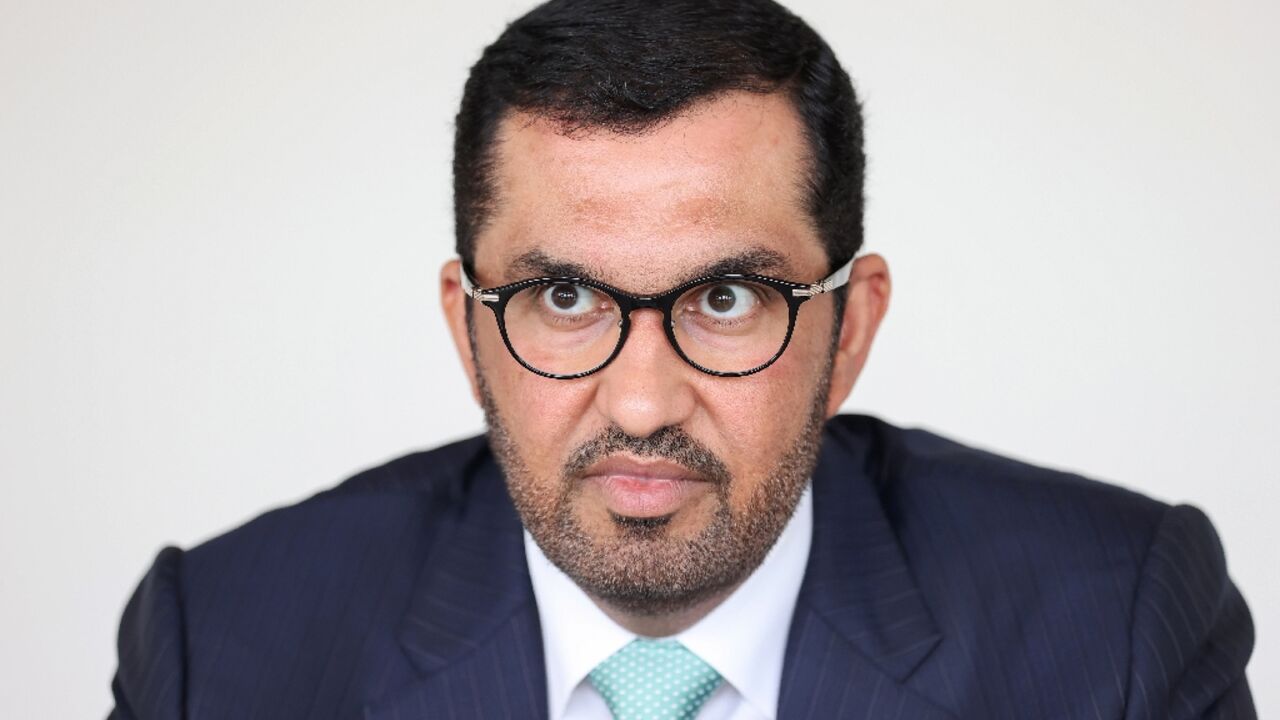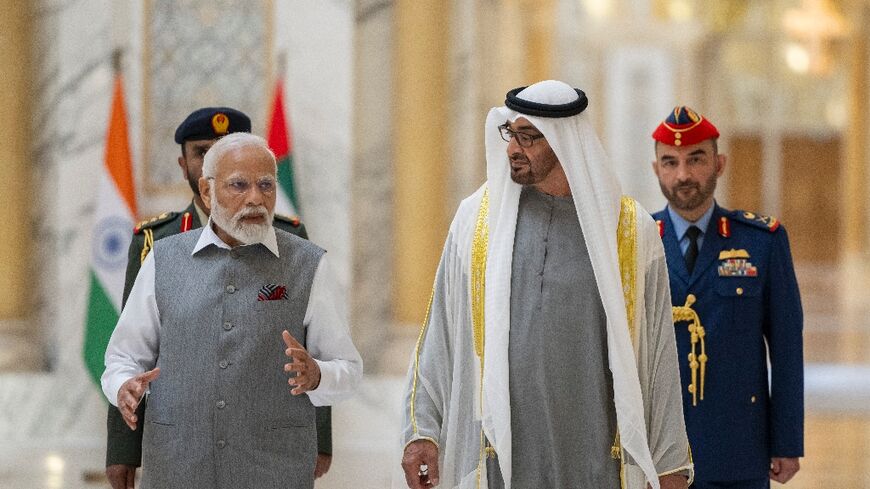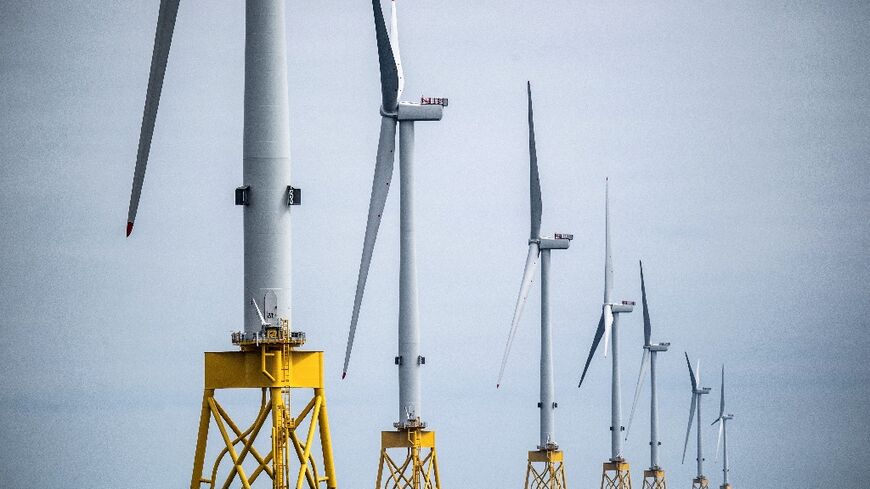No 'magic' wand to banish fossil fuels: COP28 president and oil boss

Sultan Al Jaber, Emirates oil executive and president of the most important climate summit since the Paris Agreement in 2015, has a quick answer when asked when the world will stop burning fossil fuels: when there's enough clean energy to replace them.
"We cannot shut down the energy system of today before we build the new energy system of tomorrow that is equipped with zero-carbon emission sources," said Jaber, head of the United Arab Emirates national oil company ADNOC and head of the upcoming COP28 climate summit.
"We don't want to create an energy crisis."
With global temperatures hitting record highs last week and countries buffeted by floods, storms and crop-withering heatwaves, the world remains far off track to meet its climate goals.
That has prompted some countries to call for a decision at COP28 to entirely phase out planet-warming fossil fuels from the global energy mix.
Jaber said the phase down of fossil fuels is both "inevitable" and "essential".
But "I don't have a magic (wand)" as to when that will happen, he told AFP in Brussels, after outlining his action plan and goals for the year-end summit to ministers from European Union nations and China.
There are still 800 million people in the world -- mostly in Africa -- who still do not have electricity, Jaber pointed out, with a global population projected to expand significantly in the next 30 years.
"Even today, there's already a shortage of supply," he added.
Since his appointment as COP28 president at the beginning of this year, Jaber has been under heavy fire from critics saying his position as an oil and gas executive is a conflict of interest because burning fossil fuels is by far the main driver of global warming.
An open letter from around a hundred US and European legislators has called for him to step down.
- Tripling renewables -
But Jaber has at the same time received strong endorsements from veteran climate negotiators such as UN Special Envoy John Kerry and UN Climate chief Simon Stiell, formerly a climate minister from Grenada.
Jaber himself rejects the criticisms out-of-hand, pointing to his long experience as a climate negotiator, and his role as head of the government-owned renewable energy company Masdar, which he founded.
"We don't see this as a conflict of interest," he said in the interview with AFP.
"Indeed, it is in our common interest to include someone who comes with a business background," noting that he's the first CEO to ever lead a climate COP.
"It gets me motivated to prove to the world that a person with my track record and credentials can provide a completely different set of value propositions through my experience," he added.
With less than five months to go until COP28 in Dubai, Jaber identified main priorities, including fast-tracking the transition to a net-zero economy and revamping climate finance.
He has also said the UN climate forum should call for tripling global renewable energy capacity to 11,000 gigawatts, doubling energy efficiency, and doubling the production of hydrogen to 180 million tonnes per year, all by 2030.
Last year's climate summit in Egypt saw the creation of a new financial facility for poor countries already ravaged by impacts, but rebuffed attempts to spell out the need to ditch fossil fuels.
- Global stocktake -
That same fault line will run through COP28, pitting the European Union and scores of developing countries against China, India and other emerging giants, along with the United States, the world's largest oil and gas producer.
"We want to stay focused on keeping 1.5 within reach," said Jaber, referring to the Paris Agreement's aspirational goal for capping global warming.
He said that the private sector and nuclear power would both have key roles to play.
"I have no doubt that we will be able to deliver a concrete outcome... supported by (the) private sector and private capital", he said.
"Nuclear power is a secure, sustainable, low carbon baseload source of power," he continued. "In my view, it can provide a very robust bridge in this transition."
COP28 -- expecting 70,000 participants, double the largest COP to date -- will see the first "global stocktake" of progress towards the Paris climate treaty's goals.
With countries far off track, Jaber has asked ministers from South Africa and Denmark to pave the way for talks on how to accelerate decarbonisation and put the world on a course consistent with the 1.5 degrees Celsius target.
Also on Thursday, the UAE published their revised national plan for cutting carbon emissions.
Experts at the Climate Action Tracker research NGO have said they will analyse it to see whether it will change their assessment of the country's previous plan as "highly insufficient."






